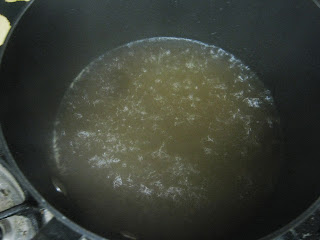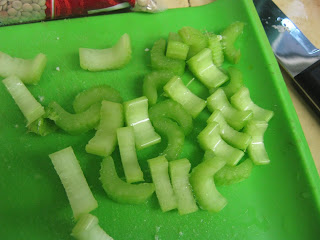Today begins a bi-monthly feature I am doing in this blog about vegetables and fruit. Today’s blog is about winter squash.
Winter squash is grown in the summer months and usually harvested in the fall. These squashes are called winter squash because most people eat them in the winter months. They are harvested the seeds have fully ripened; the rinds have turned a solid color or formed their distinct pattern, and when the rind is hard. It is important to leave a 1-2 inch stem on the squash so that it can be stored properly. The rinds are thick and are perfect for long term storage which is perfect for winter time when often there is not a lot of seasonal vegetables available.
Winter squash is often roasted in the oven or made into soups which are amazing on a cold winter day. These squashes are low-calorie, good source of complex carbohydrate and dietary fiber. Winter squash is also a source of vitamin A, vitamin C, potassium, dietary fiber, manganese, folate, omega 3 fatty acids, vitamin B1 (thiamin), copper, tryptophan, vitamin B6 (pyridoxine), vitamin B3 (niacin), vitamin B5 (pantothenic acid), iron, and beta carotene.
Some examples of winter squash are:
Winter squash is grown in the summer months and usually harvested in the fall. These squashes are called winter squash because most people eat them in the winter months. They are harvested the seeds have fully ripened; the rinds have turned a solid color or formed their distinct pattern, and when the rind is hard. It is important to leave a 1-2 inch stem on the squash so that it can be stored properly. The rinds are thick and are perfect for long term storage which is perfect for winter time when often there is not a lot of seasonal vegetables available.
Winter squash is often roasted in the oven or made into soups which are amazing on a cold winter day. These squashes are low-calorie, good source of complex carbohydrate and dietary fiber. Winter squash is also a source of vitamin A, vitamin C, potassium, dietary fiber, manganese, folate, omega 3 fatty acids, vitamin B1 (thiamin), copper, tryptophan, vitamin B6 (pyridoxine), vitamin B3 (niacin), vitamin B5 (pantothenic acid), iron, and beta carotene.
Some examples of winter squash are:
- Butternut Squash
- Pumpkins
- Sugar Pie Squash
- Acorn Squash
- Delicata Squash
- Spaghetti Squash
- And so many more





































